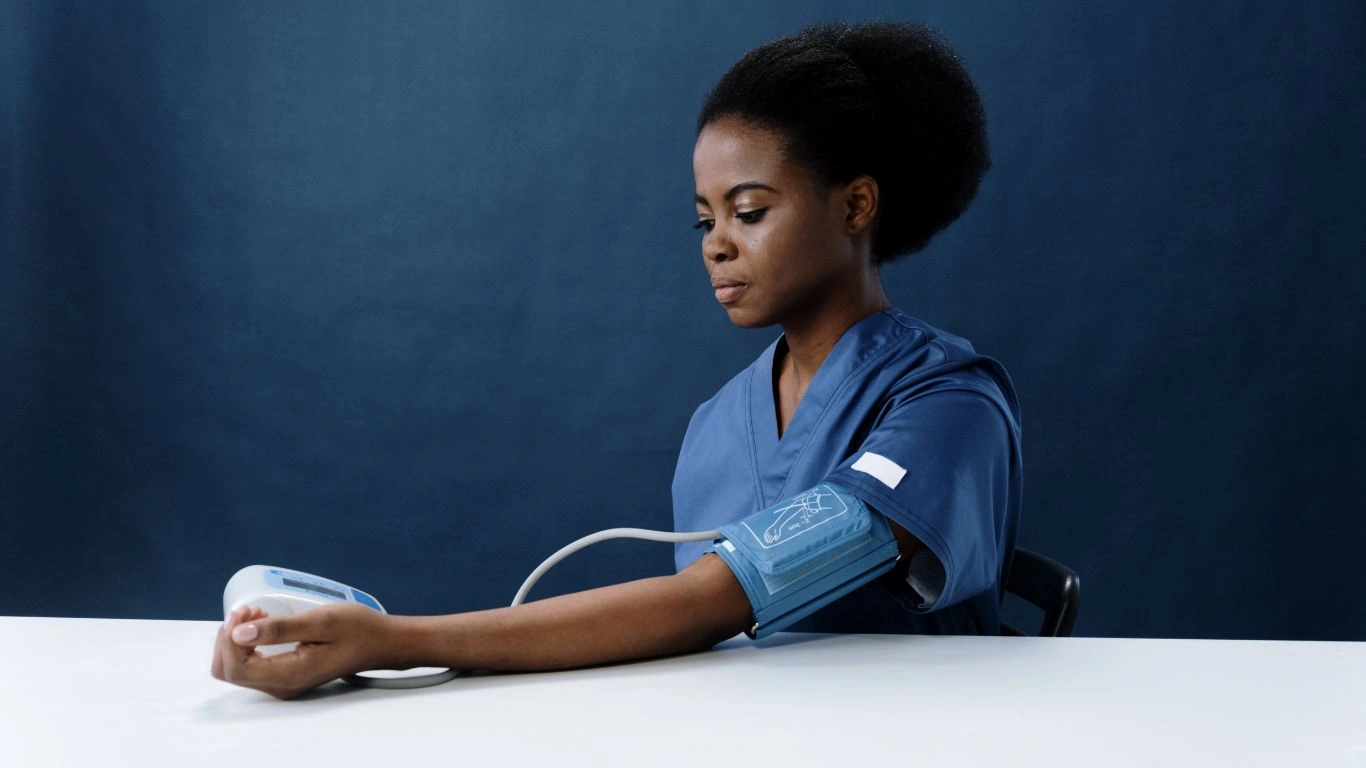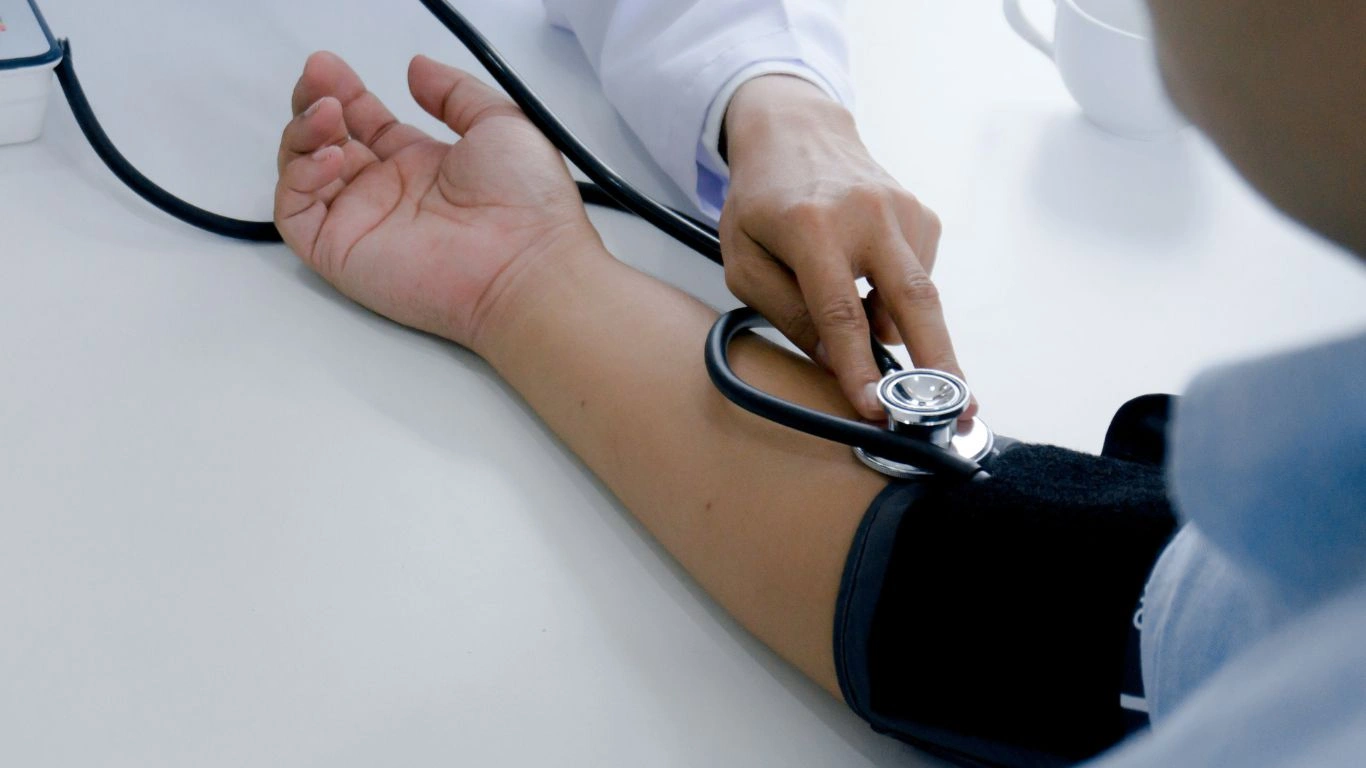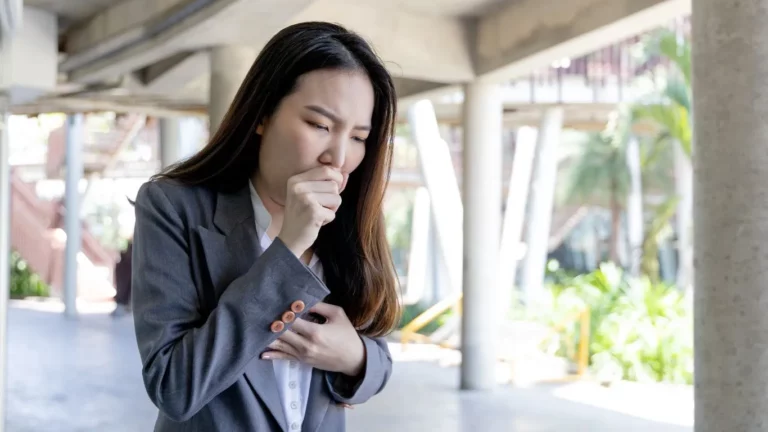How Antioxidants Can Help Lower Blood Pressure – Here’s What You Need to Know
Hey, so if you’re reading this, you’re probably curious about how antioxidants can help with lowering blood pressure, right? You’re not alone—it’s a pretty hot topic because high blood pressure is one of those silent health issues that can sneak up on you. The good news? There’s a lot of research showing that antioxidants might be a key piece of the puzzle when it comes to managing blood pressure. Let’s break it down in a simple way.
What Exactly Are Antioxidants?
Before we dive into how antioxidants can help with blood pressure, let’s quickly talk about what they actually are. In a nutshell, antioxidants are compounds found in food that help protect your cells from damage caused by harmful molecules called free radicals. These free radicals can build up in your body and contribute to a variety of health problems, including high blood pressure.
Think of antioxidants like the cleanup crew in your body—whenever there’s a “mess” caused by free radicals, antioxidants swoop in and tidy things up to keep your body running smoothly.

So, How Do Antioxidants Impact Blood Pressure?
Now, here’s where it gets interesting: there’s a growing body of research that links antioxidants to better blood pressure control. Antioxidants help by reducing inflammation and oxidative stress, both of which can play a role in elevating blood pressure. When the body experiences oxidative stress, blood vessels can become stiffer, which makes it harder for your heart to pump blood effectively. This leads to higher blood pressure.
Antioxidants, like those found in fruits, vegetables, and some whole grains, can help prevent this stiffening of the blood vessels. Some studies even suggest that antioxidants might improve the health of your blood vessels and increase their ability to relax, which is a good thing for maintaining normal blood pressure.

Which Antioxidants Are Most Helpful for Lowering Blood Pressure?
Not all antioxidants are created equal, so let’s take a look at a few that really shine when it comes to managing blood pressure:
1. Vitamin C
You probably already know that Vitamin C is great for your immune system, but it also does wonders for your blood vessels. Studies have shown that Vitamin C may help lower blood pressure by improving the flexibility of blood vessels. This means your heart doesn’t have to work as hard to pump blood through them. A daily dose of Vitamin C-rich foods like oranges, strawberries, and bell peppers can go a long way!
2. Vitamin E
Vitamin E is another antioxidant that can help reduce the oxidative stress contributing to high blood pressure. It’s found in nuts, seeds, and vegetable oils. The cool thing about Vitamin E is that it can help protect your cells from damage, which includes the cells in your blood vessels. So, it’s like giving your blood vessels a little protection against wear and tear.
3. Flavonoids
Flavonoids are plant compounds that pack a punch when it comes to fighting oxidative stress. These guys are found in foods like berries, apples, onions, and dark chocolate (yes, chocolate!). Flavonoids are particularly helpful in reducing inflammation, and studies suggest that they might even improve blood vessel function, leading to lower blood pressure. Bonus: you get to eat some chocolate!

4. Coenzyme Q10 (CoQ10)
Okay, CoQ10 isn’t a typical antioxidant you might think of right away, but it’s super important for heart health. It helps improve the efficiency of your cells and may also help lower blood pressure by improving the health of your blood vessels. You can find CoQ10 in foods like fatty fish, spinach, and whole grains, but many people also take it as a supplement for heart health.
The Bigger Picture: Lifestyle Factors Matter Too
While antioxidants are definitely beneficial, it’s important to remember that they’re just one piece of the puzzle. Blood pressure is influenced by a bunch of factors, including your diet, exercise, stress levels, and sleep. So, to really make a difference, try to combine antioxidant-rich foods with other healthy habits like:
- Eating a balanced diet (hello, fruits and veggies!)
- Exercising regularly (aim for at least 30 minutes of moderate exercise most days)
- Managing stress (yoga, meditation, or just taking deep breaths)
- Getting enough sleep (aim for 7-9 hours a night)
Conclusion
To sum it up, antioxidants are definitely helpful when it comes to lowering blood pressure. By adding antioxidant-rich foods like berries, leafy greens, and dark chocolate to your diet, you’re giving your blood vessels some serious love. Just don’t forget that blood pressure management is all about balance, so keep up with other healthy habits too. You’ve got this!

Appendices
5 FAQs About Antioxidants and Blood Pressure
- How quickly can antioxidants lower blood pressure? The effects of antioxidants on blood pressure can vary. Some studies show benefits after a few weeks, but the best results come from long-term lifestyle changes.
- Can antioxidants replace blood pressure medication? No, antioxidants should be part of a balanced approach, but they’re not a substitute for prescribed medication. Always consult your doctor before making changes to your treatment plan.
- Are antioxidant supplements effective for blood pressure? While supplements can help, getting antioxidants from whole foods is generally more effective because they come with other nutrients that support heart health.
- What’s the best source of Vitamin C for lowering blood pressure? Citrus fruits like oranges, grapefruits, and kiwi are excellent sources of Vitamin C, which can improve blood vessel function and lower blood pressure.
- Can I eat too many antioxidants? It’s pretty hard to overdo antioxidants through food alone. However, too many supplements can have negative effects, so it’s always best to stick to a food-based approach.
References
- American Heart Association (AHA). (2023). Antioxidants and Blood Pressure – Learn more about the impact of antioxidants on heart health. Read more
- Smith, J., & Brown, T. (2022). The Role of Antioxidants in Cardiovascular Health. Journal of Nutrition, 34(7), 152-163.
- National Institutes of Health (NIH). (2024). Antioxidants and Their Effects on Blood Pressure. Read more
Disclaimer
The information provided in this article is for educational purposes only and should not be considered as medical advice. Always consult with your healthcare provider before making changes to your diet or lifestyle, especially if you have existing health conditions.

Dr. Gwenna Aazee is a board-certified Internal Medicine Physician with a special focus on hypertension management, chronic disease prevention, and patient education. With years of experience in both clinical practice and medical writing, she’s passionate about turning evidence-based medicine into accessible, actionable advice. Through her work at Healthusias.com, Dr. Aazee empowers readers to take charge of their health with confidence and clarity. Off the clock, she enjoys deep dives into nutrition research, long walks with her rescue pup, and simplifying medical jargon one article at a time.







